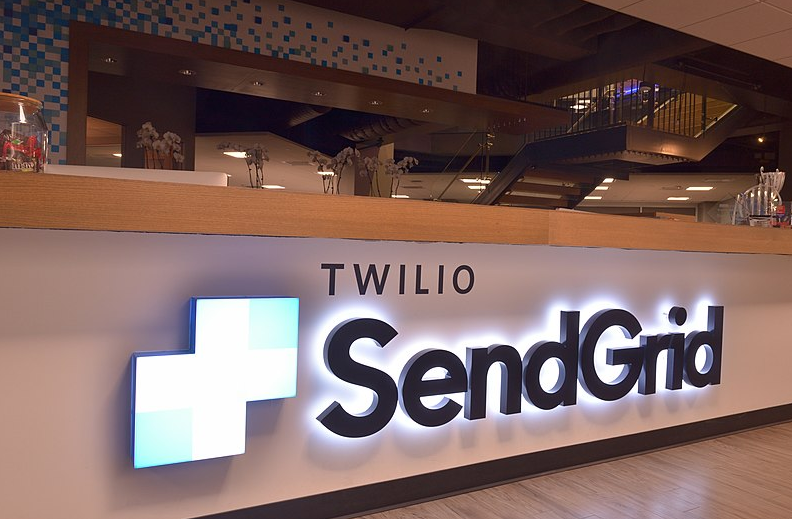Sendgrid Under Siege from Hacked Accounts
Email service provider Sendgrid is grappling with an unusually large number of customer accounts whose passwords have been cracked, sold to spammers, and abused for sending phishing and email malware attacks. Sendgrid’s parent company Twilio says it is working on a plan to require multi-factor authentication for all of its customers, but that solution may not come fast enough for organizations having trouble dealing with the fallout in the meantime.




